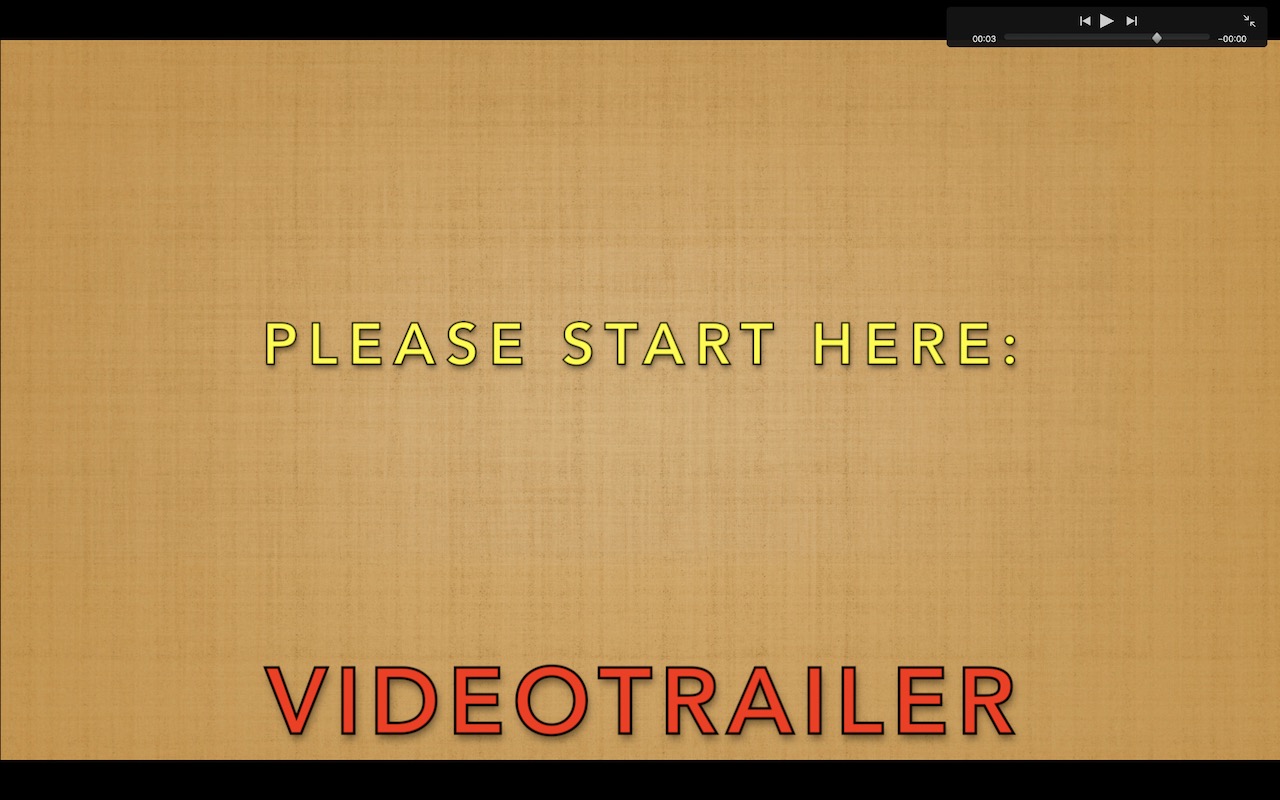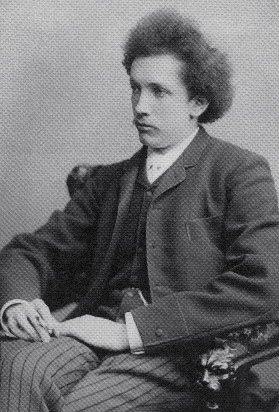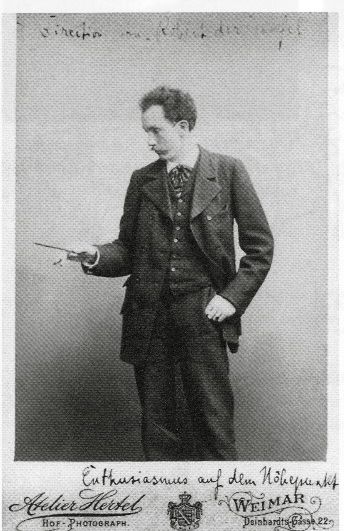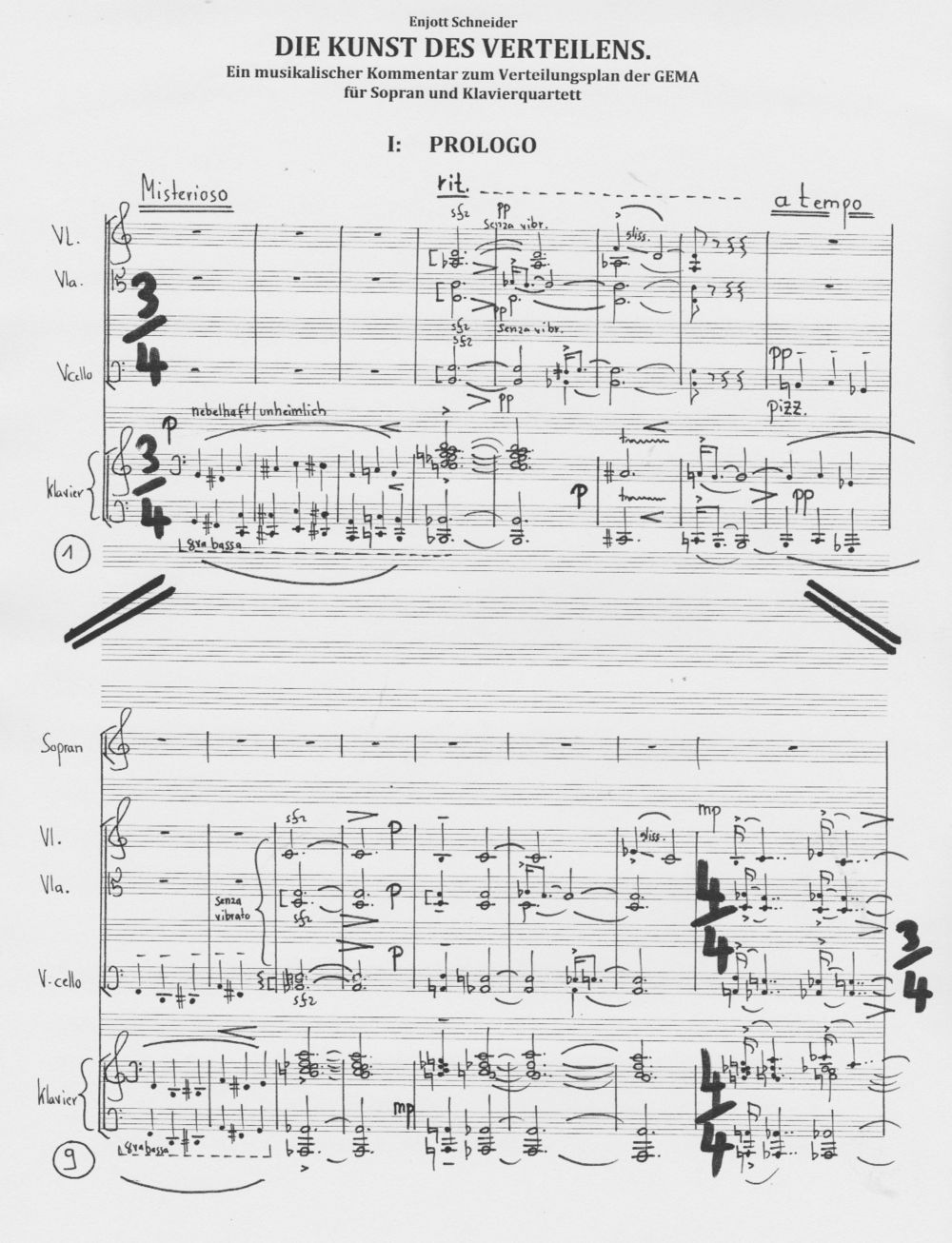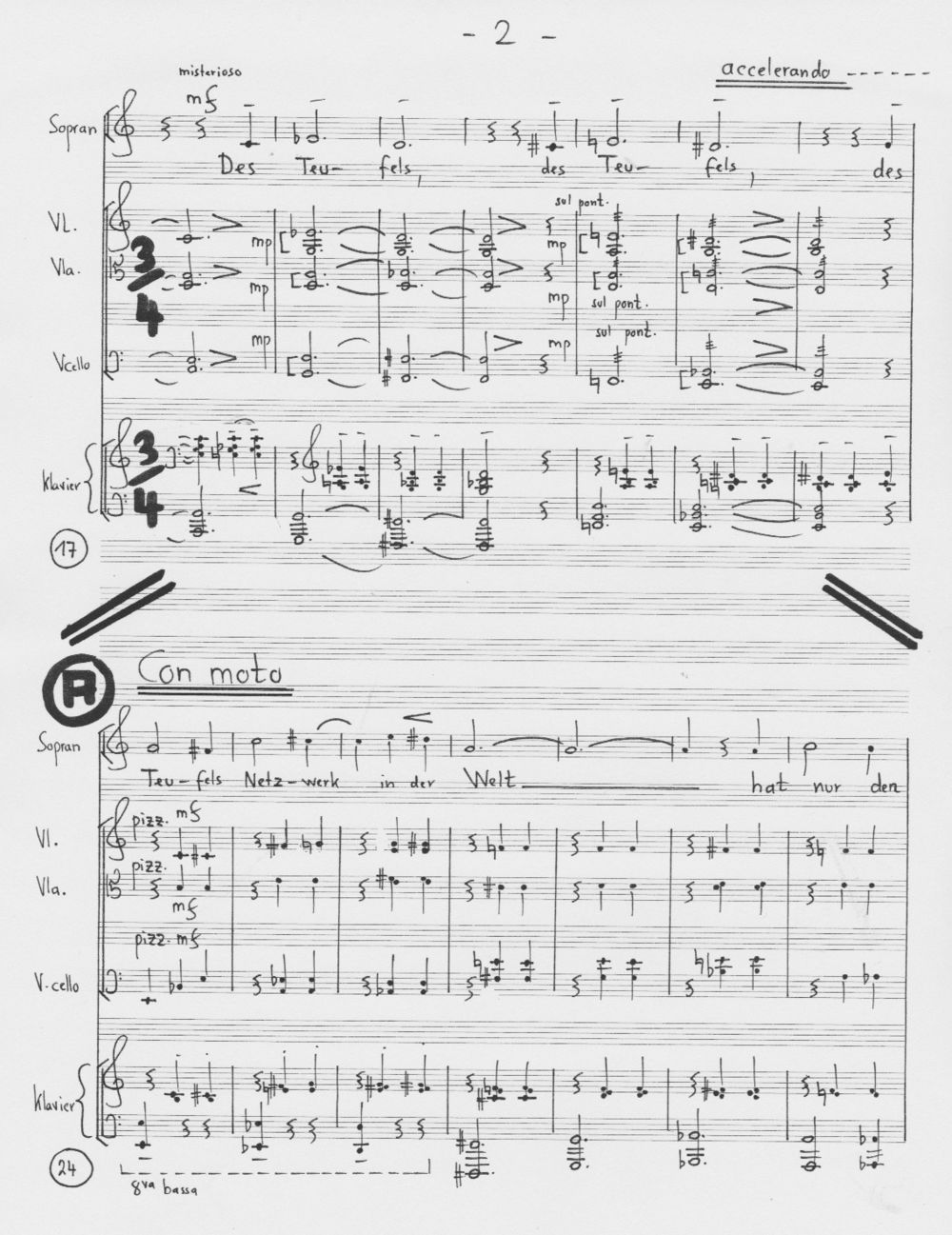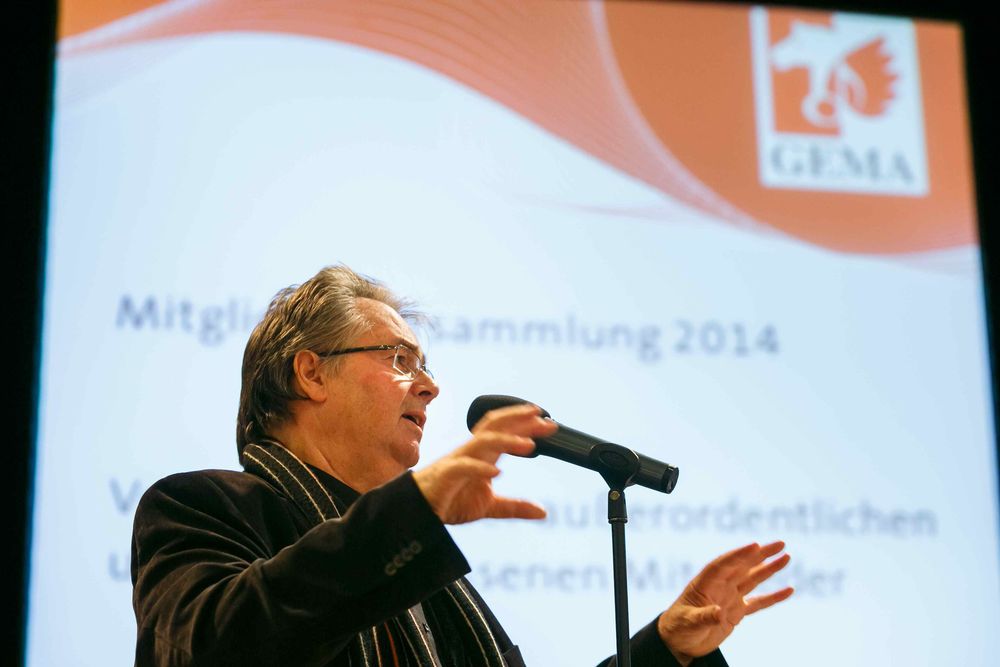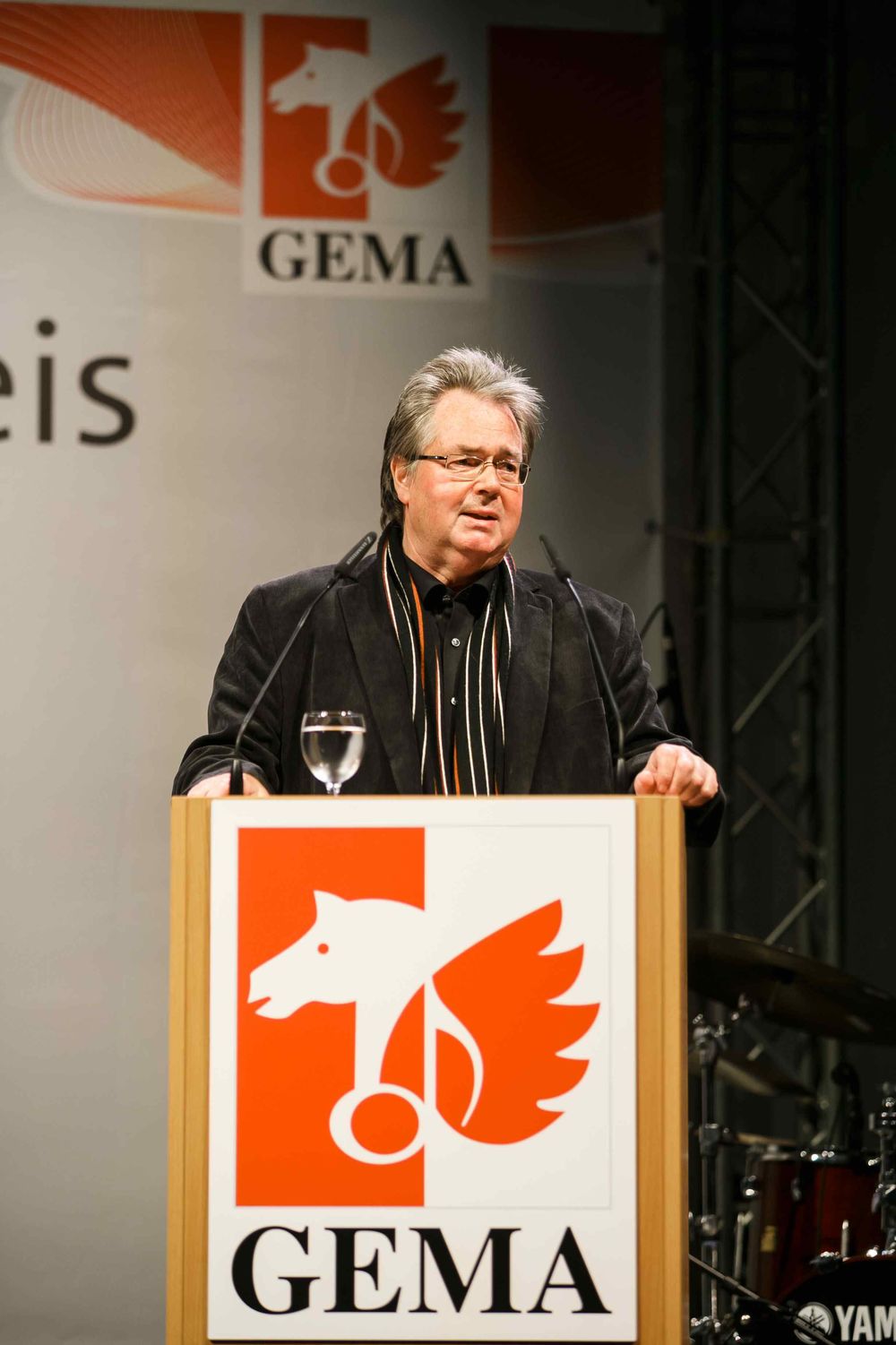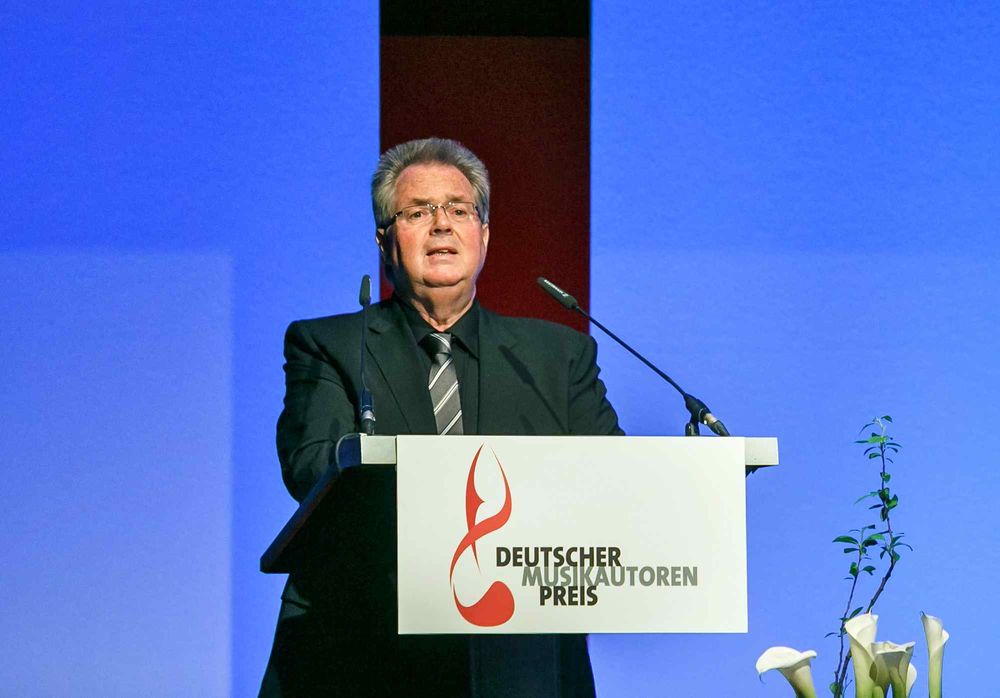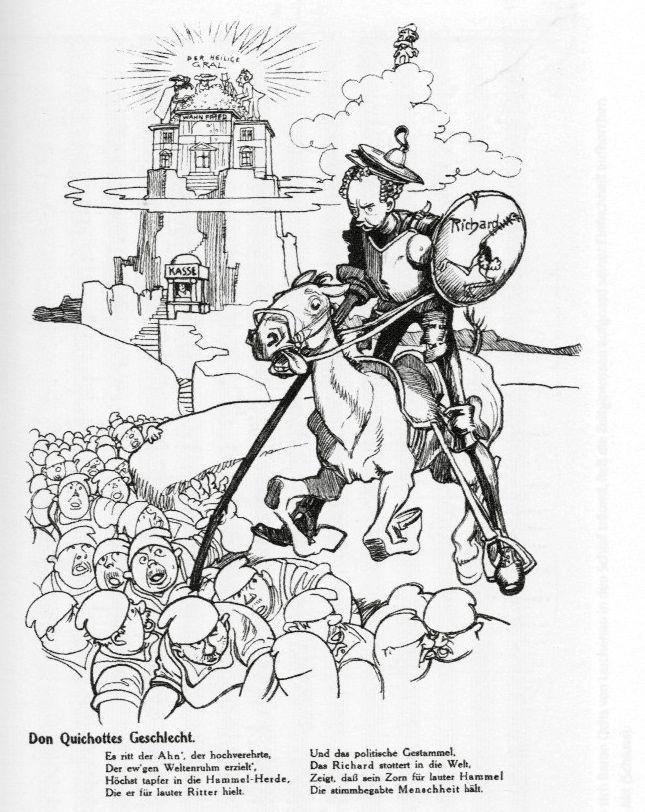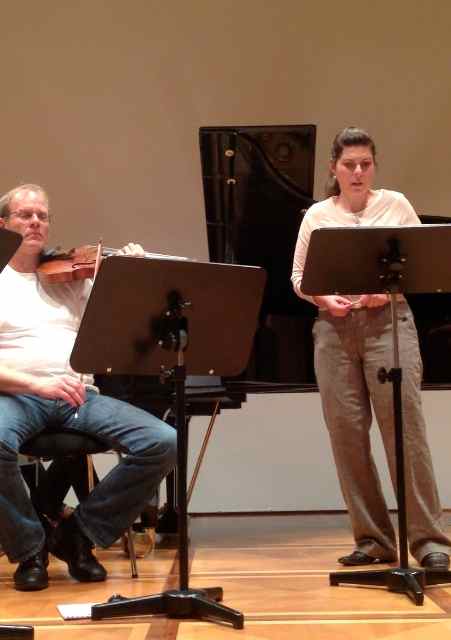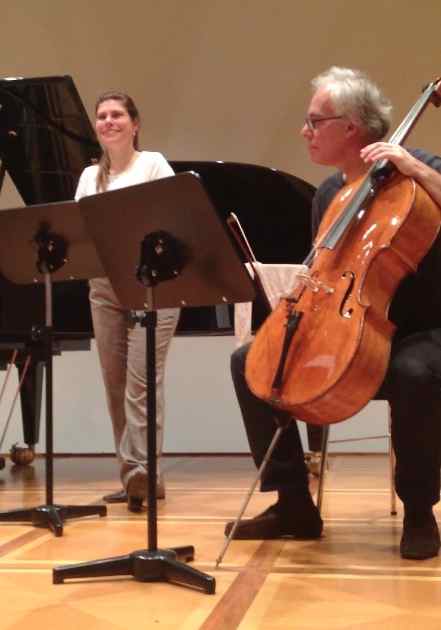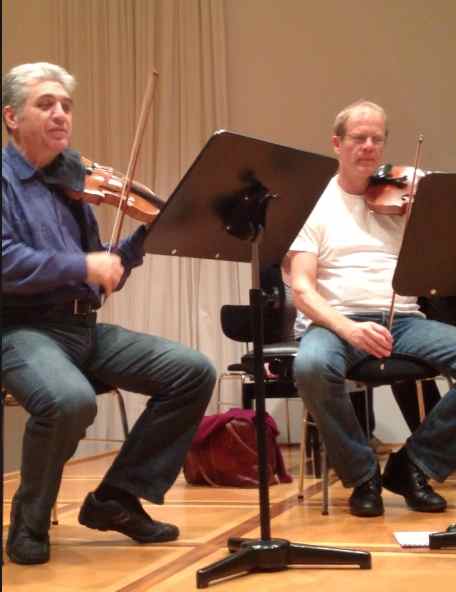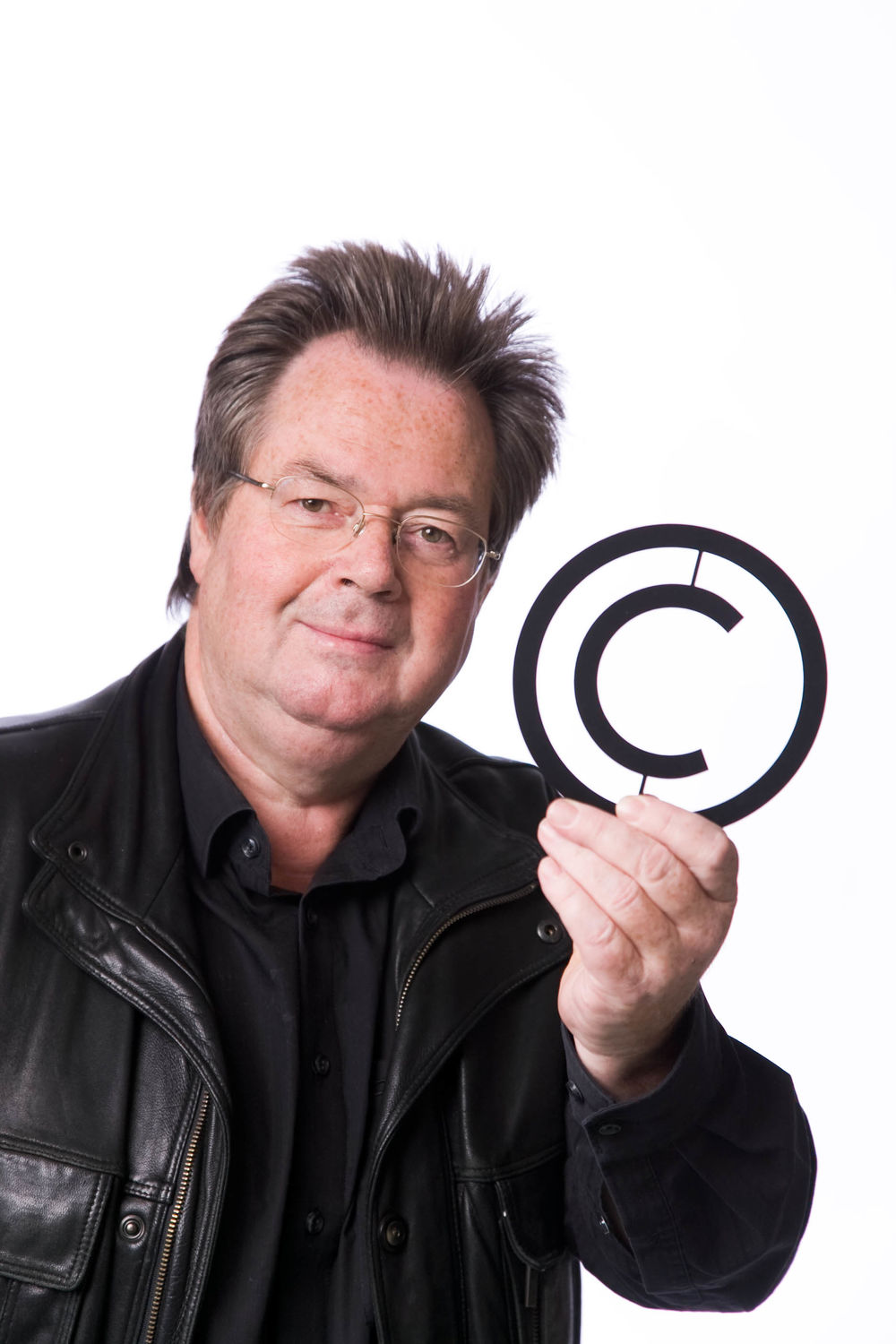
Category: Chamber Music , Organ / Sacred Music
Movements: I: PROLOGO
II: MAESTOSO CON VEEMENZA
III: ALLEGRO CON PRECISIONE
IV: FAMELICO
V: AMOROSO
VI: EPILOGO
Duration: 14 minutes
Instrumentation: Soprano (tenor)
violin, viola, violoncello, and piano
Text/Lyrics by: Urheberwahrnehmungsgesetz (German copyright law) / GEMA scheme of distribution and several aphorisms from 3 millennia about the subject of 'money'
Introduction:
Art and money are an infusible antagonism, as the aphorist and philosopher Sigbert Latzel put it humorously in 'Oft bauten Künstler wegen Geld zum Gelde eine Gegenwelt' (because of money, artists often build a counter-world of money). Freedom and a weightless flight to the sky, full of fantasy and art must never be tied to the functional lowland of money. The Bible has taught us that Jesus cast the rich merchants out of the temple und said in the Gospel of Luke 16.13 'You cannot serve God and mammon'; Torquato Tasso (1544-1595) explained briefly: 'When the coins ring, the philosopher falls silent. Nevertheless, artists, whose work is the constant attempt to get closer to the divine spark of creativity, want to live and to survive: for that purpose, 'money' is a necessity in our society.'
Richard Strauss, prominently personified the dialectics of art and money. As a world worldwide renown and successful genius composer, he did not feel embarrassed for making the financial aspect of the life as an artist a central theme. More than a hundred years ago, Strauss was one of the most important founding fathers of the GEMA (Society for Musical Performing and Mechanical Reproduction Rights). His librettist Hugo von Hofmannsthal, whose 'Des Teufels Netzwerk in der Welt hat nur den einen Namen – „Geld“' (the devil's network in the world has only one name - 'money') from his work 'Jedermann' provides the accompaniment in the prologue and in the epilogue of this composition, spent all his life with the dialectics of 'money'. „Hat das Geld die Kraft, sich an die Stelle Gottes zu setzen?“ (Does money have the power to take God's place?), Hofmannsthal asks in the lecture 'Die Idee Europa' (The idea of Europe) as a partially literal dispute with Georg Simmel's (1858-1918) central work 'Philosophie des Geldes' (philosophy of money) (1900). In his lecture 'Der Dichter und diese Zeit' (the poet and this time) of 1906, Hofmannsthal characterises the artist (in accordance with the insights of his great Balsac essays) as an antagonist of money. The artist shares certain traits with money and always keeps relating to it. This is proven by the identity of sentences expressed by Hotmannsthal, such as „Durch das Geld kommt alles mit allem zusammen“ (money brings it all together) and „Die Dichter führen alle Dinge zusammen“ (the poets bring all things together).
The collecting society GEMA has its origins in the sensitivity of such discussions. The GEMA's core is a 'distribution plan' based on the principles of solidarity but is has long grown into a monstrosity that consists of a wide range of clauses and footnotes. Nevertheless, the infusible dialectics of money and are can always be found again within the GEMA. One might be tempted to react to this in all seriousness and with legal measures, or one could allow cheerfulness and irony to reign. This commissioned work 'DIE KUNST DES VERTEILENS' (the art of distribution) wants to do the latter by combining passages of the distribution plan, as well as the German copyright law with aphorisms and brilliant commentary about 'money'.
The original texts:
Movement I:
'Des Teufels Netzwerk in der Welt hat nur den einen Namen – „Geld“'.
(Hugo von Hofmannsthal 1874-1929 in the stage piece 'Jedermann'.)
Movement II:
'§ 1. Die Urheber von Werken der Literatur, Wissenschaft und Kunst genießen für ihre Werke Schutz nach Maßgabe dieses Gesetzes.
§ 11. Das Urheberrecht schützt den Urheber in seinen geistigen und persönlichen Beziehungen zum Werk und in der Nutzung des Werkes. Es dient zugleich der Sicherung einer angemessenen Vergütung für die Nutzung des Werkes.' (from the German Copyright and Related Rights Act – UrhG)
---
'Von allen Waren dieser niedrigen Welt ist die Gerechtigkeit unbestritten die teuerste.'
(Honoré de Balsac 1799-1850 in 'Gesetzbuch für anständige Menschen' (code of law for decent people))
Movement III:
From § 8 section X: 'Werden Werke oder Werkfragmente in den Sparten E und R als Pausen- und Vorlaufmusik, Einleitungs-, Zwischen- und Schlussmusik, Titel- und Erkennungsmusiken aufgeführt oder regelmäßig wiederkehrend, d.h. mindestens an 5 aufeinanderfolgenden Tagen oder wöchentlich einmal in 7 aufeinanderfolgenden Wochen gesendet, so werden solche Aufführungen bzw. Sendungen ab Geschäftsjahr 1996 mit einem Drittel verrechnet, in der Sparte R ab Geschäftsjahr 1999: über 5.000 Minuten mit einem Sechstel, über 10.000 Minuten mit einem Zehntel (jeweils nach Abschnitt V Ziff.3 gewichtete Minuten)'
----
'Des Menschen Geist und Blut ist ietzund Gut und Geld; wer diß nicht hat, der ist ein Todter in der Welt' (Friedrich Logau 1605-1655 in the collection 'Desz. 1. Tausend 4. Hundert')
Movement IV:
Section XV „Tonfilmverrechnungsschlüssel“ (sound film compensation key), '2: Die Aufführungszahl des Films wird mit seiner Gesamtsekundenzahl multipliziert. 3: Die so errechneten Musiksekundenziffern aller Filme werden addiert und die zur Verteilung stehende Summe durch die Gesamtsekundenzahl aller Filme dividiert und somit der Wert jeder einzelnen Musiksekunde festgestellt.'
---
'Eher wird es Katzen hageln und Morcheln schneien, bevor die Grundsätze der Gerechtigkeit bei einem Geschlecht Eingang findet, das auf dem Gelde sitz wie eine Kröte auf dem Mist.' (Johann Heinrich Pestalozzi 1746-1827)
Movement V:
'Wertungsverfahren der Komponisten' (evaluation process of composers) in the category E § 3 section II': 'Voraussetzungen für die Zuwendungen an den Ehegatten ist, dass a) die Ehe mindestens 3 Monate bestanden hat, im Falle der Eheschließung nach Vollendung des 60. Lebensjahres des Mitglieds mit einem um 20 Jahre jüngeren Ehegatten die Ehe mindestens 10 Jahre, mit einem weniger als als 20 Jahre jüngeren Ehegatten die Ehe mindestens 5 Jahre bestanden hat.'
---
'Kompt Kunst gegangen vor ein Haus, Man sagt der Wirth sey gangen aus; Kompt Weisheit auch gegangen für, So ist verschlossen ihr die Thür....Kompt aber Pfennig geloffen, sind Thür und Tor ihm allzeit offen.' (Georg Neumark 1621-1681 poet and composer of church hymns, such as 'Wer nur den lieben Gott läßt walten' (who only allows God to reign))
Movement VI:
'Des Teufels Netzwerk in der Welt hat nur den einen Namen – „Geld“'.
(Hugo von Hofmannsthal 1874-1929 in the stage piece 'Jedermann')
-----
'Oft bauten Künstler wegen Geld zum Gelde eine Gegenwelt' (Sigbert Latzel *1931 in 'Mit dem Kopf geschüttelt' (shaken with the head). 'Schüttelreim-Epigramme' (spoonerism epigrams))
(Alle texts, if no other source is listed, are taken from the distribution plan of the GEMA, version in the yearbook 2013/2014 with friendly permission of the GEMA)
Dedication: dedicated to my great role model Richard Strauss in adoration
Additional remarks: The composition is a commissioned work for the 'Tonkünstlerverband Bayern E.V.' for the conversational concert 'Musik trifft Politik : Geistiges Eigentum' (music meets politics : intellectual property). Richard Strauss, copyright around 1900 and today. I would like to thank the society and its chairman Dr. Franzpeter Messmer for this information. With his book 'Richard Strauss. Biographie eines Klangzauberers' (Richard Strauss. Biography of a sound magician), he has proven himself as a profound expert on Strauss and those particular years.
World premiere: 06.11.2014, Munich Carl-Orff-Zentrum
Performers at world premiere: world premiere with Ute Ziemer (soprano), Sreten Krstič (violin), Wolfgang Berg (viola), Stephan Haack (violoncello), and Michaela Pühn (piano)
